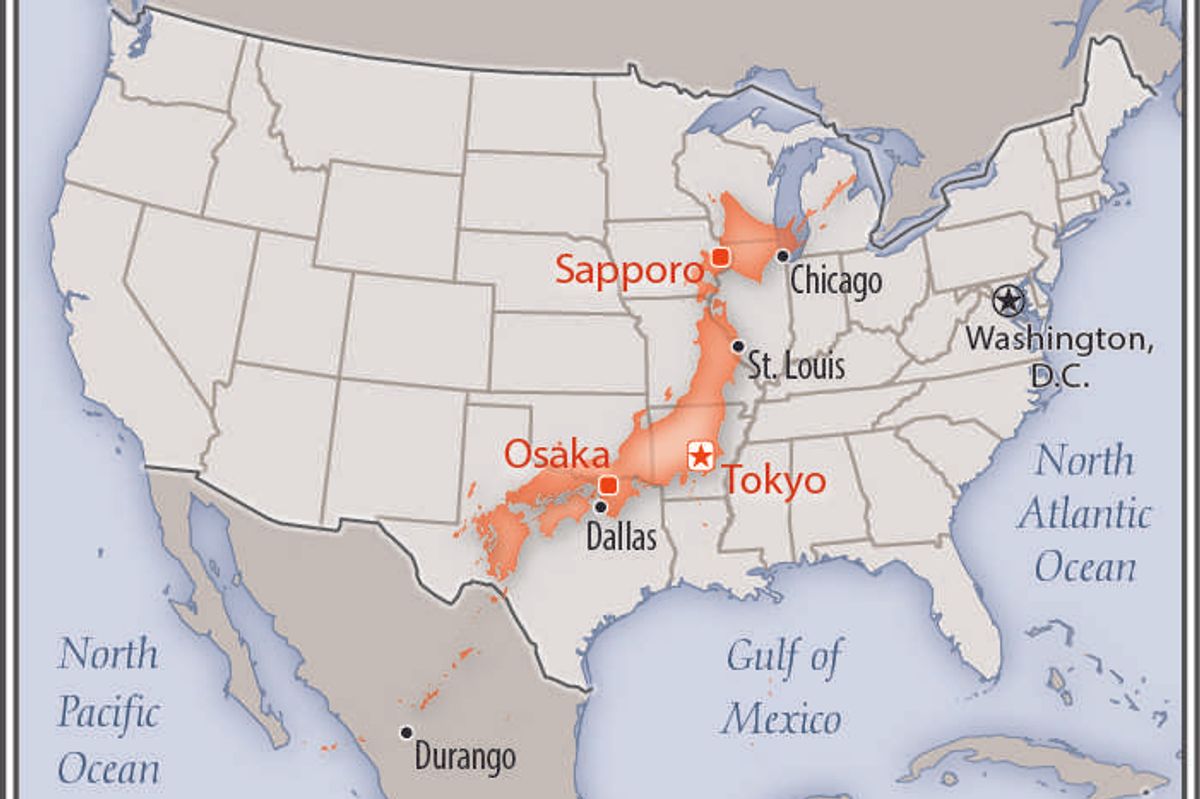A movie went behind the scenes, and now SeaWorld is just trying to stay afloat.
People love orcas, but things have changed since they learned the real cost of seeing them perform.
Orcas are amazing creatures.
They're also called “killer whales," even though they're actually members of the dolphin family. Orcas are smart, endearing, and social. They live in communities called “pods" when they're in the wild.
Unfortunately for them, orcas can also be awesome performers in captivity.
Marine parks around the world draw big crowds to orca shows, and big bucks.
One of the most well-known marine parks is SeaWorld.
SeaWorld has been around since 1959 when it was a small bird sanctuary and garden associated with Anheuser-Busch. It's long presented itself as a place for educational entertainment that teaches kids and their families about marine animals.
In July 2013, though, a movie — “Blackfish" — exposed what life is like for whales at SeaWorld when the crowds leave. It shocked a lot of people and triggered a series of events that look an awful lot like a downward spiral for SeaWorld.
Here's why what happens to SeaWorld is really important.
Every entertainment venue in the States and around the world that relies on captive wild animals has to be watching what happens to SeaWorld with concern. The lesson those venues may be learning is that properly respecting animal rights and more seriously considering their quality of life is the only way to stay in business now that audiences have shown how much they care.
Here's some of what's happened to SeaWorld, starting with the release of “Blackfish."
July 2013: "Blackfish" is released.
"Blackfish" is the story of one orca, Tilikum — a performer who wound up killing several people.
In telling Tilikum's story, the film reveals what it's like to be an orca in captivity. The film suggests a link between these conditions and Tilikum's violence.
November 2013: Students upload a message to SeaWorld on YouTube.
February 2014: SeaWorld is cited by the USDA for Animal Welfare Act violations.
"We stored these whales at night in what we call a module, which was 20 feet across and probably 30 feet deep."
— former SeaWorld trainer
According to SeaWorld's own information, their average orca is over 21 feet long. Um, 20 feet across?
March 2014: A legislator proposes banning orca captivity.
State Assemblymember Richard Bloom introduced the Orca Welfare and Safety Act, which would make it illegal to “hold in captivity, or use, a wild-caught or captive-bred orca for performance or entertainment purposes." The penalty for violating the law would be up to a $100,000 fine and/or six months' jail time.
May 2014: SeaWorld's attendance drops by 13%
In January, February, and March 2014, attendance was down by 450,000 visitors compared to the year before.
July 2014: Southwest Airlines ends its relationship with SeaWorld.
For 26 years, SeaWorld had partnered with Southwest Airlines, with planes painted to look like SeaWorld orca Shamu. No more.
August 2014: SeaWorld Entertainment's stock plunges 33%.
November 2014: Protesters grab attention at the televised Macy's Thanksgiving Day Parade.
December 2014: SeaWorld CEO leaves the company.
CEO Jim Atchison steps down from SeaWorld — with a $2.5 million severance package, mind you — and a board member resigns as well.
February 2015: SeaWorld loses 1 million visitors.
Compared to February 2014, SeaWorld's attendance is down by a million visitors.
You can check out the entire timeline video from The Dodo of SeaWorld's terrible, horrible, no good, very bad year and a half.
Hopefully, everyone gets the message.
SeaWorld's learning the hard way that earth's creatures are not just there for our amusement, and other companies like them have to be reading the writing on the wall for this kind of entertainment. It's time to come up with less invasive, more respectful ways of getting to know these animals.
There are still orcas at SeaWorld.
We're fascinated by these creatures, and if we didn't understand what they'd been going through before, now we do. It's never been our intent to see animals like orcas suffer, and hopefully, that suffering's going to come to an end soon.



 A
A 

 Each of those arms has its own brain?
Each of those arms has its own brain?
 A man sleeps peacefully.
A man sleeps peacefully.  Woman snuggled in bed.
Woman snuggled in bed.
 The size of Japan compared to the United States.Image via Wikimedia
The size of Japan compared to the United States.Image via Wikimedia